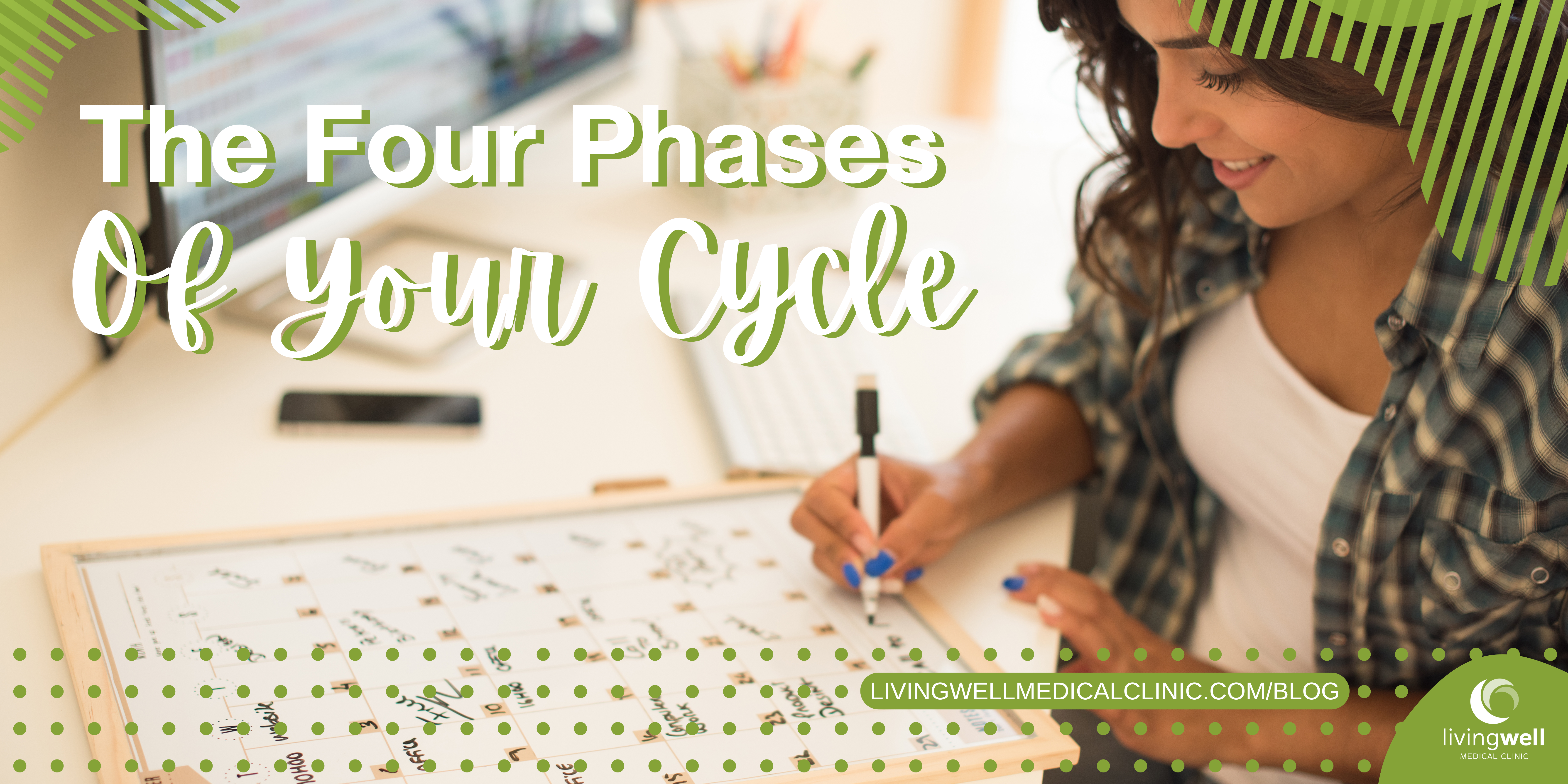
As you step into 2025, here are five resolutions you can make for a healthier you!
Take Care of Yourself
Whether it’s sleeping in, making a healthy meal, or going on a walk, setting time aside to care for yourself is a great way to rejuvenate. Along with meeting physical needs, it’s important to meet your emotional needs as well. This can look different for each unique person. However, one way to take care of yourself that is the same for everyone is to make healthy decisions. Making choices that keep you safe and healthy are the best way to care for your physical, emotional, and mental needs.
Evaluate Your Relationships
Do the people around you support you and make you feel uplifted? Do they make you happy and inspire you to grow? If not, it may be time to re-evaluate your relationships. Surround yourself with people who make you feel loved. Healthy relationships are more important than you may think! By having good relationships and friendships, you may find that you’ll be happier and feel more supported.
Experience Something New
You don’t need to do something as drastic as cliff diving – unless that’s something you want to do! Picking up a new hobby or trying something you never have before can add a sense of adventure to your new year. You might discover something you enjoy that you never would’ve found if you hadn’t tried it. Who knows?
Build Yourself Up
Stop comparing yourself to others! Thinking about what other people have will only discourage you. Recognize the beauty and uniqueness of you! Once you stop competing with others, you’ll be more confident. You’ll see the value that you have and the special traits that make you you!
Set New Goals
What are you hoping to achieve this year? What do you want to accomplish? Once you know, make that your goal for this year. Whether it’s twenty goals or just one, they are all equally important. Make a list of all of the things that you’re hoping to achieve this year. This will give you something to work towards and a sense of accomplishment each time you reach your goals!
How We Can Help
If you are resolving to make healthy decisions this new year and find yourself wanting to get tested for STIs or pregnancy, LivingWell is here to help you. We offer pregnancy testing, ultrasounds, and STI/STD testing at no cost to you. Schedule an appointment with us today by clicking here, calling us at (530) 272-6800 or texting us at (530) 802-0858.

Cathy Seapy
CEO
The content on this page has been reviewed and approved by our CEO.


